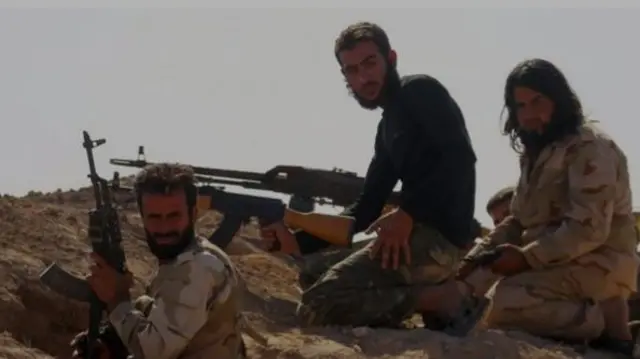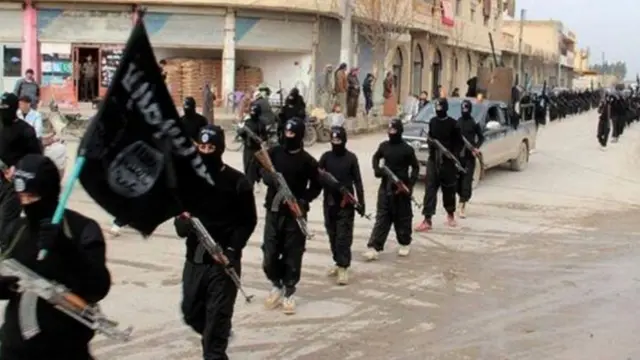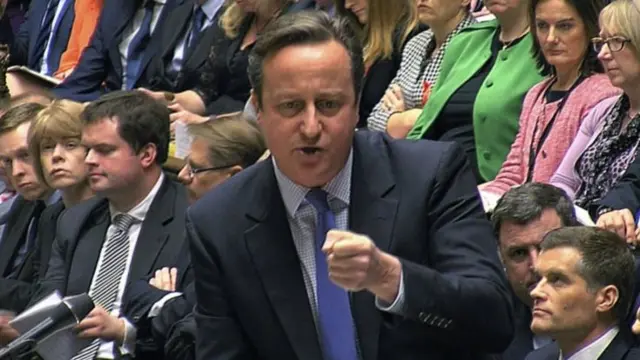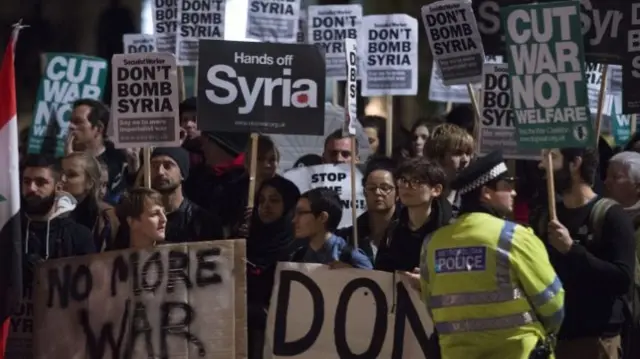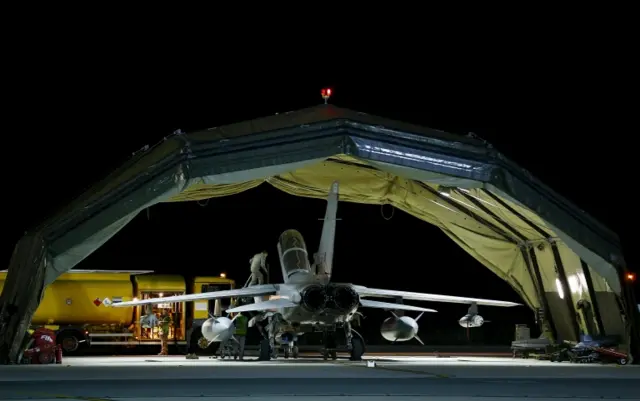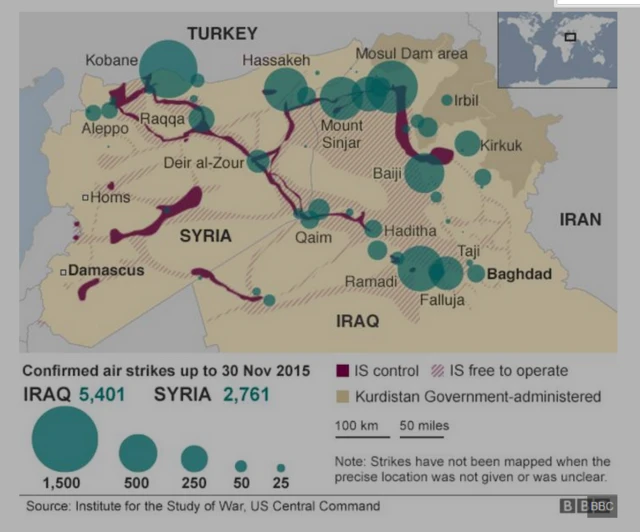How did your MP vote in the Syria debate?published at 06:26 GMT 3 December 2015
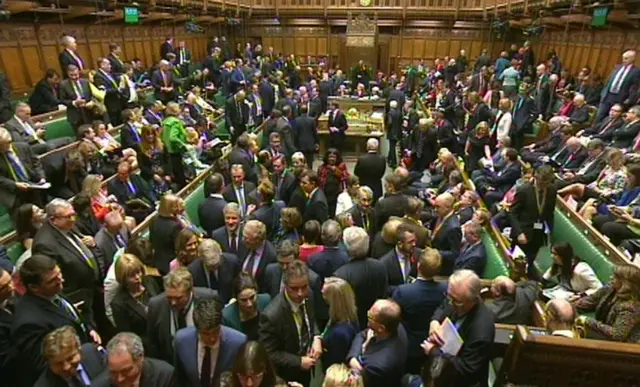 Image source, PA
Image source, PAThe government motion to attack Islamic State targets in Syria was passed after a 10-hour debate in the House of Commons. Here's a breakdown of how each MP voted.
